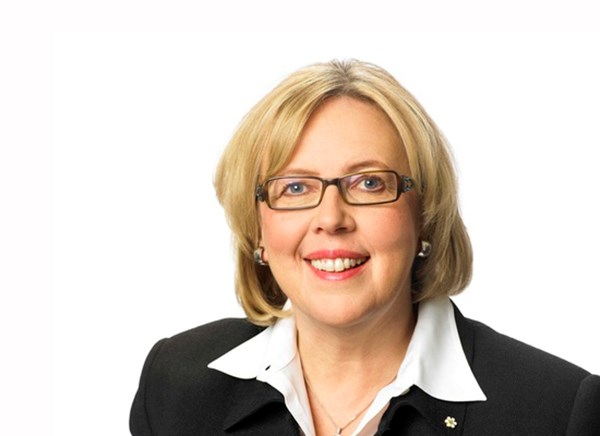As I reflect on the Globe and Mail debate held last Thursday, I couldn’t help but notice a large elephant in the room. This year has been the year that truly gives its name to the Age of Information, a world where hashtags and “likes” can be more powerful than riots or political will. Hashtags bring social, economic and moral injustices to the forefront of newspapers, news reports and our social media feeds. #BlackLivesMatter, #BringBackOurGirls and #LegalizeGayMarriage are several hashtags that have taken the social media world by storm.
If feminism is such a strong movement like the widespread hashtag #YesAllWomen suggests, why was Elizabeth May, leader of the Green Party, noticeably absent during the party leader debate?
Stephen Harper failed to acknowledge that Canada depends on having a weaker dollar than other countries. Why? Because Canada is a nation of exports. An example of industries that are dependent on a lower dollar (and a 25 per cent government tax rebate) is the Vancouver film industry. “[Vancouver] competed well when the dollar was at par and… when the dollar was over par,” said Richard Brownsey, president and CEO of BC Film + Media. If claims like this are true, why did many film professionals return to L.A. where there is a prominent film industry? Because Canadian money was no longer cheap.
So why was Elizabeth May not welcomed at the debate? The Globe and Mail claimed “that limiting the format to just the leaders of the country’s biggest parties would be more focused.” If the Globe has decided that
Elizabeth May is not widely supported, why did she, Thomas Mulcair and Justin Trudeau participate in the Up For Debate panel on women’s issues in which Harper was absent?
Why is Harper so afraid to speak out about women? Maybe it’s because statistics show that women are “falling behind and… do not have job equity,” as Elizabeth May suggests. Harper knows that the older population is the population that votes and, therefore, he doesn’t need to craft his platform to suit social issues like immigration, women’s rights or tax breaks to lower and middle-class incomes. These are millennial generation issues and the reality is, we don’t vote.
If you want to see a difference, if you want a glimmer of hope for social change, to be proud to be Canadian, vote Oct. 19 and #StopHarper.
Hollie Sones
Britannia Beach



